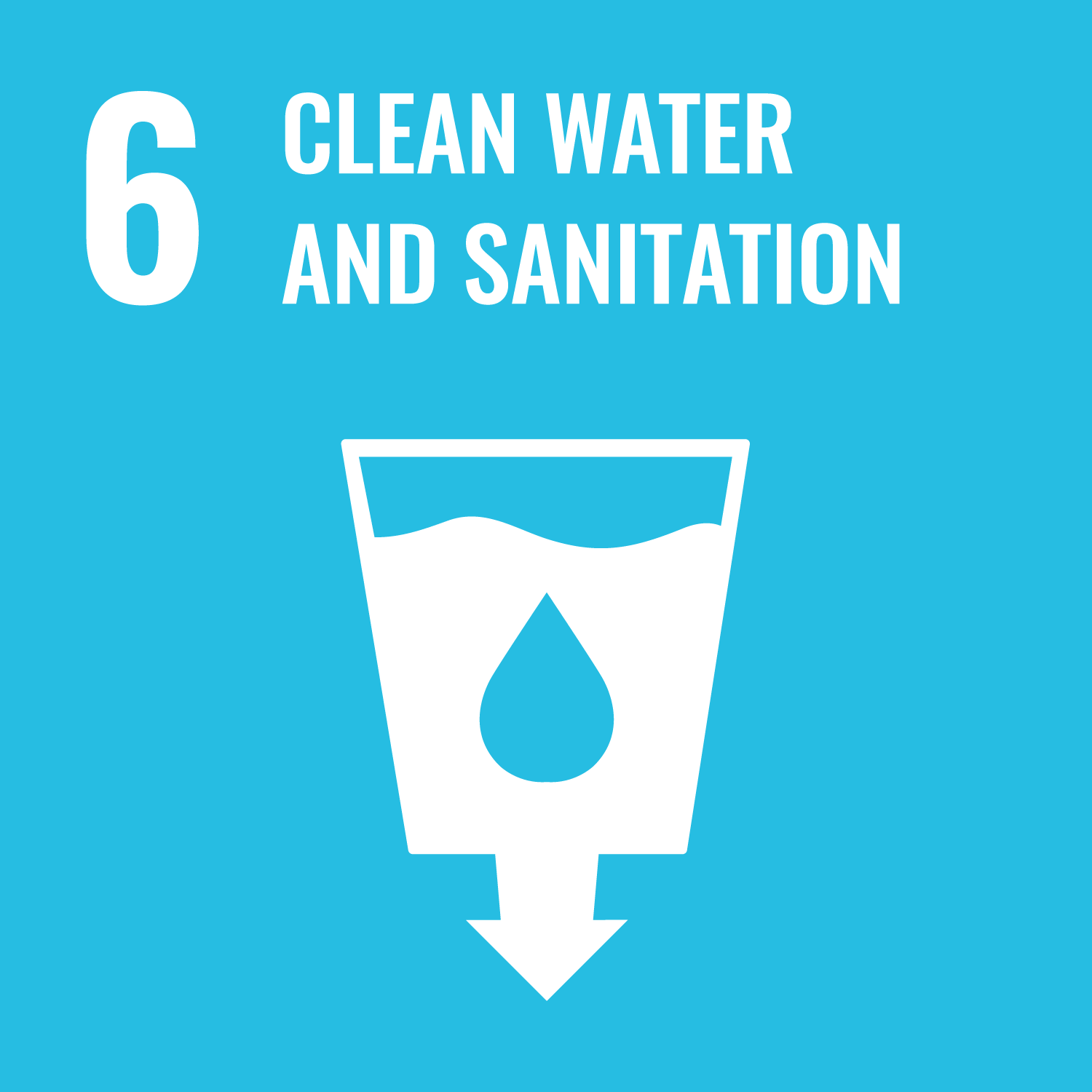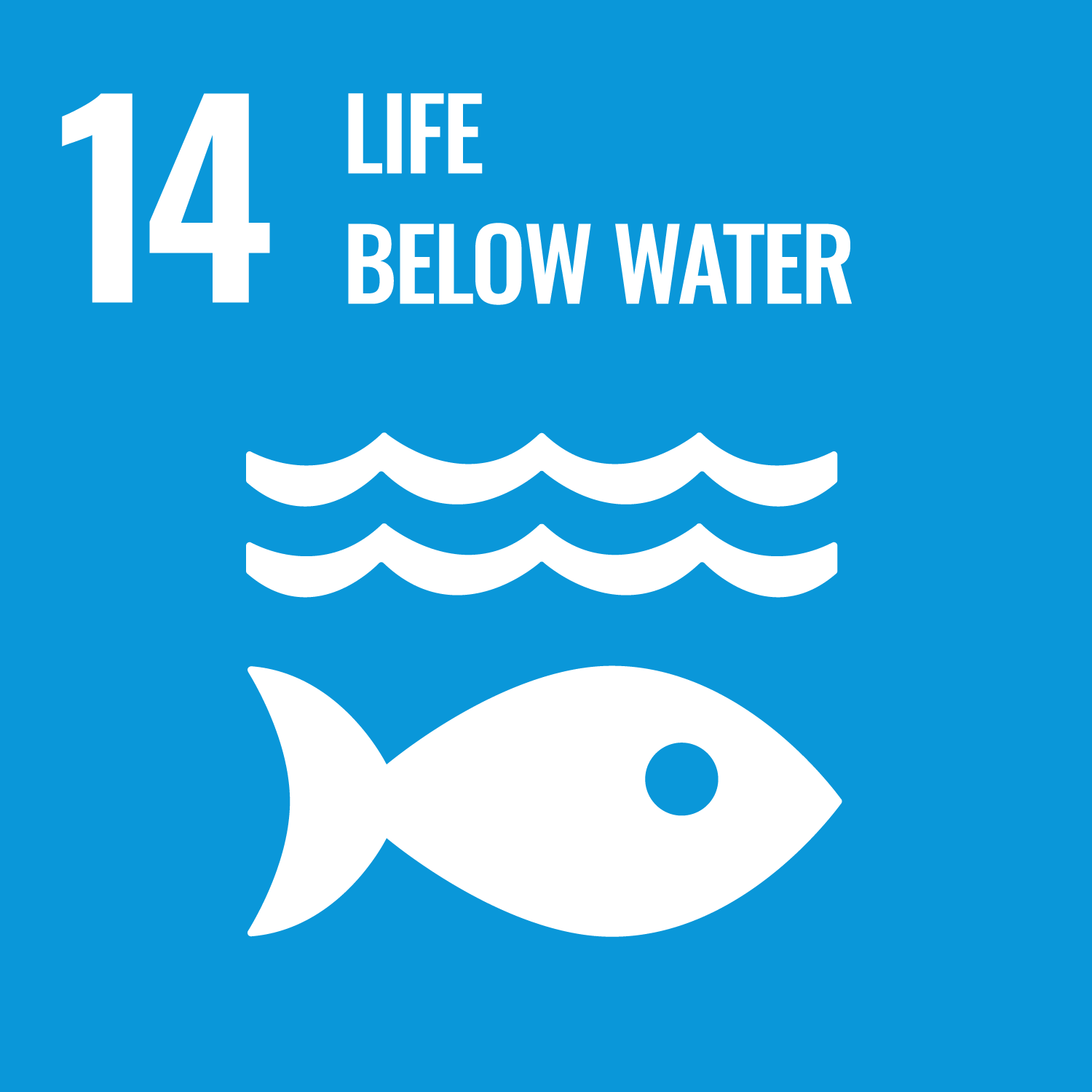- Home
- Study of the Blue Planet for the Sustainability of the Marine Economy
Research
Study of the Blue Planet for the Sustainability of the Marine Economy
SEAS, OCEANS, AND COASTAL WATERS

Seas, oceans, and coastal and inland waters are vital for our societies and for the future of our planet. Oceans cover 70% of the Earth’s surface, regulate the climate by absorbing significant amounts of heat and carbon dioxide from the atmosphere, control the hydrological cycle and consequently the availability of freshwater and water resources, and host a wide range of habitats and organisms – from microscopic photosynthetic organisms that form the base of the marine food chain and produce half of the Earth’s oxygen to large marine mammals and apex predators.
Oceans provide food, energy, abiotic and biotic resources, serve as communication routes, offer job opportunities, recreation, and cultural stimuli. They constitute an essential component of the planetary ecosystem and play a fundamental role in defining and regulating life as we know it. Preserving oceans and marine life is thus not only one of the United Nations Sustainable Development Goals (SDG 14) but also a prerequisite for achieving most of the other SDGs.
However, oceans are increasingly threatened by a range of impacts linked to human activities, particularly due to the recent significant growth of marine-related economic activities. Among these impacts are chemical pollution, plastics, overexploitation of resources, underwater noise, and genetic contamination, compounded by the effects of ongoing climate changes such as warming and ocean acidification.
It is therefore crucial to develop the ability to observe, understand, and quantitatively assess the functioning and responses of oceans and marine ecosystems to these combined anthropogenic impacts. This knowledge is essential to provide the tools and insights needed to ensure that the development of economic activities with potential to alter marine systems is constrained by the principles of sustainability and blue prosperity.
Achieving this goal requires the development and deepening of specific disciplinary aspects related to physical oceanography, marine biology, ecology, physical chemistry, environmental economics, social sciences, systems theory, and engineering. More importantly, it calls for the integration of these disciplinary approaches into a single, common systemic, holistic, and quantitative framework.
The Working Group aims to analyze this complex system using a cross-, multi-, and trans-disciplinary methodology and to test its application on a well-defined and limited marine system, identified as the northern Adriatic Sea. This area has already been the subject of numerous disciplinary studies that have provided extensive information and expertise, as well as a substantial amount of data to be managed using data science technologies.
This methodology requires collaboration among research institutions, industry, public authorities, and stakeholders through specific initiatives aimed at the joint collection of data, information, and knowledge, as well as the co-identification of innovative processes for impact reduction and the development of sustainable products, technologies, and services.

